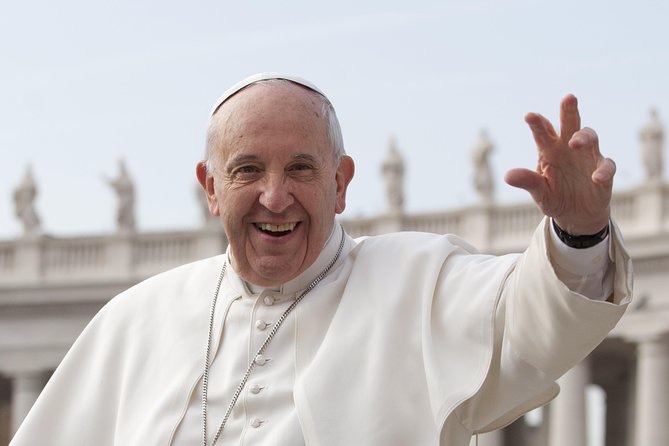Pope Francis, the esteemed leader of the Catholic Church, has passed away at the age of 88 after a lengthy struggle with double pneumonia.
His death occurred in Rome, following nearly six weeks of treatment at Gemelli Hospital for a serious lung infection and early signs of kidney failure.
His papacy, which began in 2013 after Pope Benedict XVI’s unexpected resignation, spanned 12 impactful years. Jorge Mario Bergoglio, born in Buenos Aires, Argentina, made history as the first Latin American and Jesuit pope, breaking a 1,000-year tradition of European leadership in the Church.
Francis’s early life was unconventional for someone destined for such a high religious office. Before his religious journey began, he worked as a food technician, a bouncer, and a janitor, ultimately joining the Society of Jesus in 1958. He was ordained a priest in 1969 and became a cardinal in 2001, steadily climbing the Church hierarchy.
Renowned for his humble lifestyle and commitment to social issues, Pope Francis drew both acclaim and criticism during his tenure. He opted for a straightforward approach to his papal responsibilities, shunning opulence in favor of living in a modest guesthouse and traveling in simple vehicles. His calls for reform within the Vatican, including the appointment of more women to leadership positions and advocacy for poverty alleviation, climate action, and LGBTQ+ acceptance, marked significant shifts in the Church’s direction.
Throughout his papacy, Francis endeavored to bridge the gap between the Church and the everyday lives of its followers, often engaging with the sick, prisoners, and the impoverished. His progressive views sparked debates, particularly among conservative factions who opposed some of his initiatives.
Health complications were a recurring theme during his papacy; having lost part of a lung in his youth, respiratory issues became a persistent concern. In 2023, he faced hospitalization due to pneumonia, with his health deteriorating further in early 2025.
Following Pope Francis’s passing, the Vatican enters a transitional phase known as the interregnum. The camerlengo, the official responsible for Church affairs during the vacancy, has confirmed his death. Preparations are underway for a conclave, where cardinals from across the globe will convene in the Sistine Chapel to elect a new pope. This process involves secret ballots and requires a two-thirds majority to elect a successor. Although the timeline for this election remains uncertain, the traditional signal of white smoke will indicate the selection of the new pope.
As the faithful around the world mourn the loss of a leader celebrated for his humility and global influence, the legacy of Pope Francis will continue to resonate, particularly in his efforts to modernize the Church and promote a more inclusive approach.


